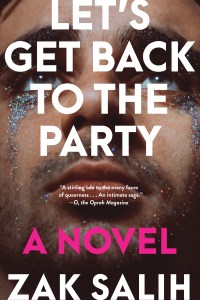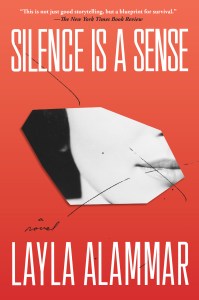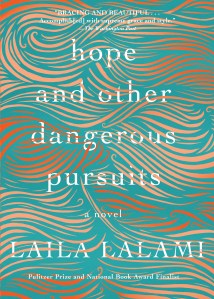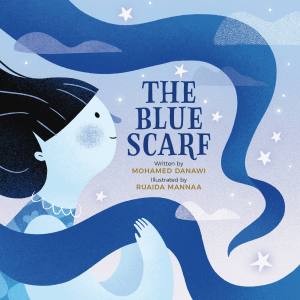If you’re looking for books to expand your understanding of the Arab and Arab American experiences, look no further: here are five books about how our history affects our present.
This memoir tells the author’s own love story, of how she met Salem Rizk while they were both reporting on the Syrian War in Istanbul, and how, when Turkey’s borders tightened, Salem wasn’t allowed to stay. And he couldn’t return to his native Syria, either. Because Lekas had an American passport, she could move freely, and as they navigated the borders together, she heard the accounts of other people whose loved ones had been deported, or met in refugee camps, or whose immigration status affected their relationships. They’re important perspectives to consider, especially since so many are unaware.
Weeks after the Supreme Court marriage equality ruling in 2015, Sebastian Mote views his queer high school history students with envy. While he’s mourning his own lost youth spent necessarily closeted, he reunites with his childhood friend at a wedding, and encounters a diametrically opposed opinion: Oscar Burnham is outraged at the gay bars overrun with bachelorette parties and queer couples having babies—Oscar sees the new conformity as a surrender, as the death of gay culture. Meanwhile, the men are drawn in opposite generational directions, Sebastian toward one of his students, and Oscar toward an older icon of the AIDS era.
A young Syrian woman refugee sits in her apartment in the UK and observes life outside. She writes for a magazine column under the pen name “the Voiceless,” and she tries not to reveal her identity. Gradually, she comes out of her hermitage, venturing down the street to the corner store, then a laundromat, and to the neighborhood mosque. When an anti-Muslim crime shakes up the whole town, she has to decide whether to answer her call to action or remain a voiceless observer.
This novel follows three refugees as they leave Morocco, crossing the Strait of Gibraltar in an inflatable boat toward Spain. Murad has been reduced to hustling tourists through Tangier. Halima’s fleeing the domestic abuse and the slums of Casablanca. Aziz is hunting work in Spain, in hopes of bringing his family there to join him. And Faten is a student whose difference of faith with an influential man is causing him to sabotage her future. It’s a fascinating cross-section of refugee life, all on the important passage out.
This children’s book is perfect for kids who might struggle to find their place, or even children who want to empathize with immigrant children. Layla lives in a blue world where her mother gives her a beautiful blue scarf, but when the wind takes the scarf away, Layla has to search for her missing scarf by boat, traveling to many new worlds of varying color until she finds her mother’s gift, and a new home in a rainbow world.
Mary Kay McBrayer is the author of America’s First Female Serial Killer: Jane Toppan and the Making of a Monster. You can find her short works at Oxford American, Narratively, Mental Floss, and FANGORIA, among other publications. She hosts the podcast about women in true crime, The Greatest True Crime Stories Ever Told. Follow Mary Kay McBrayer on Instagram and Twitter, or check out her author site here.




